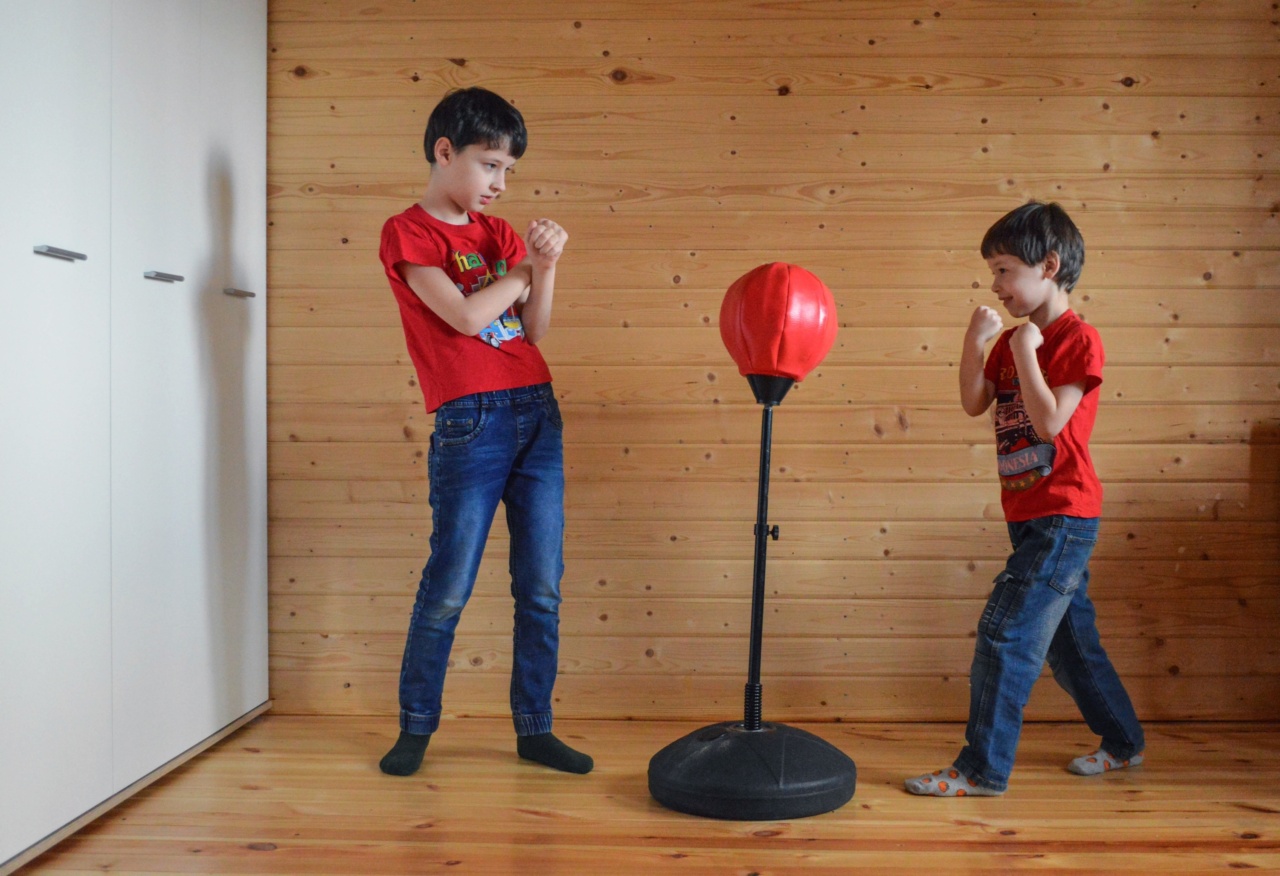As you grow older, it is natural for your body to change. You may notice a decrease in energy, trouble sleeping, or aches and pains that you never experienced before.
While aging is a natural process, there are steps you can take to help maintain your vitality as you age. Here are some tips for healthy aging:.
Stay Active
Physical activity is essential for healthy aging. Exercise helps maintain muscle mass and flexibility, as well as keep your heart and lungs healthy. The key is to find an activity you enjoy and make it a regular part of your routine.
Walking, swimming, dancing, and yoga are all great options. The Centers for Disease Control and Prevention (CDC) recommends that adults aim for at least 150 minutes of moderate-intensity aerobic activity per week.
Eat a Healthy Diet
What you eat has a significant impact on your health and wellbeing. As you age, it is essential to eat a balanced diet rich in nutrients that help support your overall health.
Focus on whole foods, such as fruits, vegetables, whole grains, lean proteins, and healthy fats like nuts and seeds. Limit your intake of processed foods, sugar, and saturated and trans fats.
Stay Hydrated
Staying hydrated is essential for healthy aging. As you age, your body’s ability to retain water decreases, making you more susceptible to dehydration. Make sure to drink plenty of water throughout the day.
If you find it challenging to remember to drink water, try carrying a water bottle with you or eating foods with high water content, such as watermelon, cucumbers, and strawberries.
Get Enough Sleep
Sleep is essential for healthy aging. Lack of sleep can lead to a host of health problems, including increased risk of chronic conditions such as diabetes, heart disease, and obesity. Aim to get at least seven hours of sleep per night.
To improve your sleep quality, establish a regular sleep routine, avoid caffeine and alcohol before bed, and create a sleep-friendly environment, such as a cool, dark, and quiet room.
Connect with Others
Staying connected with others is vital for healthy aging. Research has shown that social isolation and loneliness can lead to a host of health problems, including depression, anxiety, and increased risk of chronic conditions.
Make an effort to stay connected with family, friends, and community groups. Join a club or organization that interests you, volunteer in your community, or participate in group activities, such as yoga or dance classes.
Reduce Stress
Stress is a natural part of life, but chronic stress can have a negative impact on your health and wellbeing. As you age, it is essential to find healthy ways to manage stress. Meditation, deep breathing, and yoga are all effective relaxation techniques.
You may also find it helpful to talk to a therapist or counselor if you are struggling with stress and anxiety.
Stay Mentally Active
Keeping your mind active is essential for healthy aging. Engaging in mentally stimulating activities, such as reading, puzzles, and games, can help keep your brain active and may even help reduce your risk of cognitive decline.
You may also want to consider learning a new skill or taking up a new hobby.
Take Care of Your Overall Health
Finally, it is essential to take care of your overall health as you age. This includes staying current on your healthcare screening and preventive measures, such as vaccinations and cancer screenings.
Make sure to see your healthcare provider regularly and manage any chronic conditions you may have, such as diabetes or high blood pressure.
Conclusion
Aging is a natural process, but you can take steps to maintain your vitality and overall health as you age.
Staying active, eating a healthy diet, staying hydrated, getting enough sleep, connecting with others, reducing stress, staying mentally active, and taking care of your overall health are all critical components of healthy aging.































